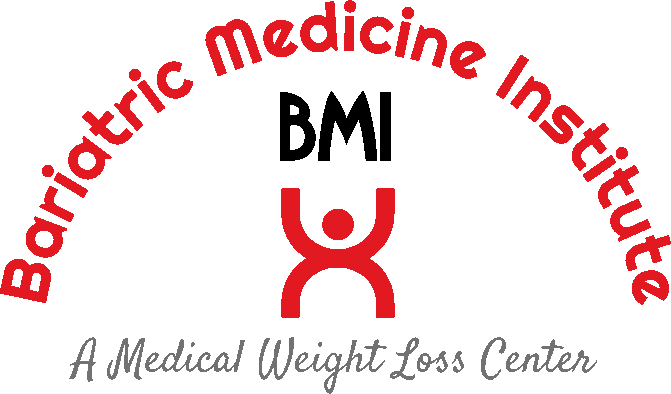

Personal Training
Personal training is a professional fitness service where a certified trainer works closely with individuals to develop customized exercise programs tailored to their unique fitness levels, goals, and any special health considerations. The trainer provides instruction on proper exercise technique to maximize results and reduce injury risk. Motivation and accountability are key components, helping clients stay consistent and progress steadily. Many trainers also offer basic nutritional guidance to complement physical training. Progress is regularly tracked to adjust the program as needed, ensuring continued improvement and success. This personalized approach helps clients overcome obstacles and reach their fitness objectives efficiently and safely.

What to Expect with Treatment
The treatment begins with RF energy heating the fat cells, which causes them to break down and be eliminated by the body naturally. At the same time, HIFEM energy activates the muscles, triggering intense contractions that build strength and definition. Most patients undergo a series of four treatments spaced over a few weeks, with results gradually improving over the next two to three months.
Recovery & Downtime
There’s no downtime after Emsculpt NEO, and most people describe it as feeling like a hot stone massage combined with a deep muscle workout. It’s FDA-cleared and clinically proven to deliver up to 30% fat reduction and 25% muscle growth. While it’s not a substitute for exercise, it’s a powerful way to enhance body contouring goals without surgery or recovery time.

Before & After Gallery

A qualified personal trainer should hold certification from a recognized organization such as NASM, ACE, or ACSM. These certifications ensure the trainer has met industry standards for knowledge and safety. Additionally, a good trainer should have experience relevant to your specific goals, excellent communication skills, and a client-focused approach.
The frequency of training depends on your goals, fitness level, and schedule. Generally, 2-4 sessions per week are effective for most people to see meaningful progress. Trainers can tailor the program to fit your lifestyle while providing enough guidance and motivation to keep you on track.
Yes, personal training is highly beneficial for bariatric patients. It helps improve strength, increase metabolism, and promote sustainable weight loss through tailored exercises. Trainers understand the unique needs post-surgery and can create safe programs that enhance recovery and long-term success.
Personal trainers can adapt workout plans to accommodate injuries or chronic conditions, working closely with your healthcare providers when necessary. Their goal is to promote healing, maintain mobility, and improve strength without causing harm, ensuring your fitness journey is safe and effective.


Invest in Lasting Wellness—Inside and Out.
Imagine a care experience that’s focused on you—not the clock. At the Bariatric Medicine Institute, we put your goals, comfort, and results at the center of everything we do. From personalized weight loss plans to non-invasive body sculpting, we’re here to help you feel your best—confidently and comfortably.












